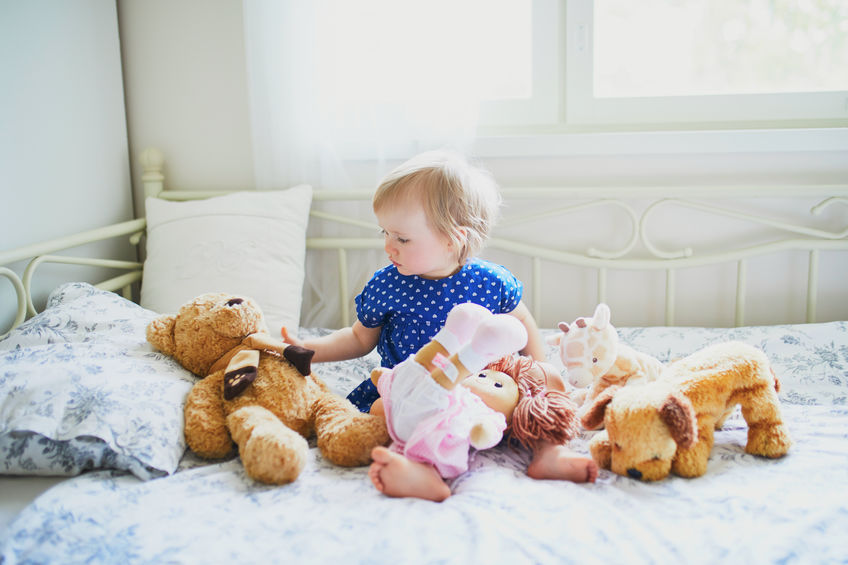
Did you know that playing dress-up can actually be extremely beneficial to your children? It does! Dress-up is more than a fun game to play with your kids. It can also teach your kids to respect others, build their vocabulary, and more. Read on to learn more.
See the world through other viewpoints
When children play dress-up, they learn valuable ways in which others contribute to our lives. Perhaps a child is playing the role of a mother and has a crying baby to nurture, or maybe they’re pretending to be a policeman and stopping “the bad guys.” This sense of imagination allows children to learn empathy through having to see alternative viewpoints and respond to them accordingly.
Building blocks for a diverse vocabulary
When children play through dress-up, they begin to explore terms, phrases and words that are often inclusive to the role they are playing. These strengths can develop through hearing certain words in books and transferring them into the role they’re playing where children will eventually use them in daily conversations.
Confidence building
For children, dressing up and having theatrical elements to their play can greatly impact their overall confidence. Self-expression is incredibly helpful when building self-confidence, and this is just another way we can allow children to develop that skill. What child doesn’t feel on top of the world while dressed up as their favorite super hero?
If your child loves playing dress up, consider purchasing some outfits for one of their Zoo Factory stuffed animals so that the two can play dress up together! Visit our website for a wide selection of outfits.



Recent Comments